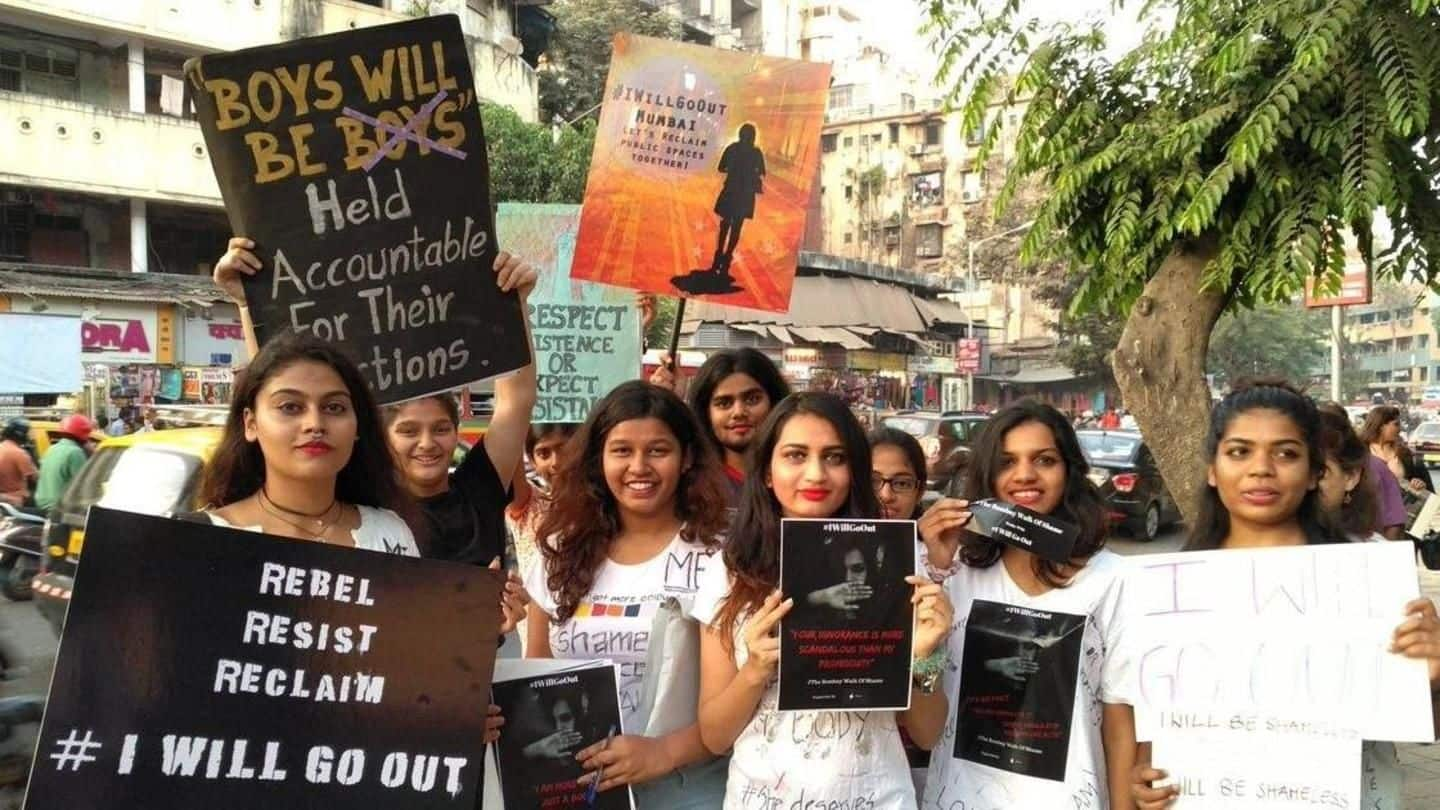
India the "most dangerous" country for women, finds global survey
What's the story
If someone needed more proof that women in this country are at high risk, an international poll has now named India the most dangerous for women. India left behind even conflict-ridden countries like Afghanistan and Syria in the poll by the Thomson Reuters Foundation, which surveyed about 550 experts on women's issues. Here are the findings.
Survey
2018 survey intended to see if anything's changed since 2011
In 2011, when the poll was last conducted, India ranked 4th, behind Afghanistan, Congo and Pakistan. The aim this time was "to see if the situation had changed," Thomson Reuters said. It analyzed six issues: healthcare access, gender-based discrimination, sexual/non-sexual violence, sexist traditions, and trafficking. The 10 most dangerous countries serially included Aghanistan, Syria, Somalia, Saudi Arabia, Pakistan, Congo, Yemen, Nigeria and the US.
Details
Talking about India's problems, in details
India ranked the worst in cultural traditions (child marriage, female infanticide, acid attacks, etc), sexual/non-sexual violence, and trafficking. According to 2017 UNICEF data, 27% girls are married before they turn 18. Sex ratio has been decreasing, from 961 in 1971 to 939 in 2011, courtesy female foeticides/infanticides. Trafficking is a serious problem; since 2016, 15,000 cases have been registered, two-thirds of whom were female.
Pervasiveness
From managers to maids, all women at risk
Harassment is pervasive: from homemakers to top executives, women across categories reported facing troubles on a daily basis. An Air India airhostess claimed her complaints of sexual harassment against a senior were initially met with suspicion and indifference. Things are worse in the wide informal sector, which offers no legal protection. At least 2cr women have dropped out of work in India since 2005.
Reality
The actual situation is presumably much, much worse
The number of reported crimes against women has spiked lately, thanks to a growing awareness: government data shows an alarming 80% increase during 2007-2016. But experts opine this is just the tip of the iceberg; owing to social taboos and fear of backlash, 70% of sexual harassment victims don't even report their cases, the National Bar Association said last year.
Commentary
Ironic: World-leaders had vowed to eliminate anti-women crimes by 2030
This throws light on how much has been achieved in terms of women's security: three years ago, world leaders vowed to eliminate all violence against women by 2030, something that seems unrealistic for another 50 years. As for India, Manjunath Gangadhara, a Karnataka government official, summed it up: "The (world's) fastest growing economy and leader in space and technology is shamed for violence committed against women."